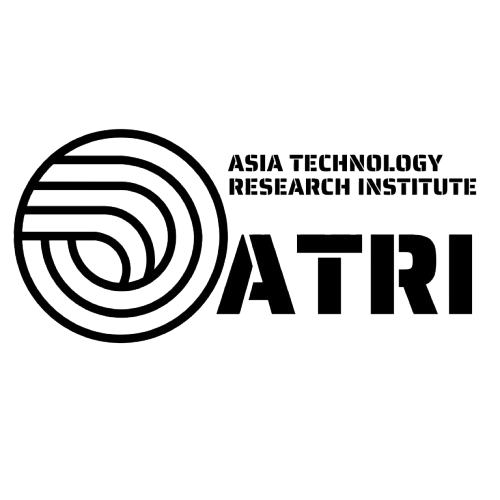Multidisciplinary Perspectives on Eating Disorders: From Socio - psychological Roots to Cutting - edge Treatments and Future Prospects
DOI:
https://doi.org/10.71113/JCSIS.v2i3.201Keywords:
Eating Disorders, Bulimia Nervosa, Sociocultural Construction, Psychodynamic Mechanisms, Digital Health Interventions, Multi-Omics IntegrationAbstract
This study takes a multidisciplinary approach, drawing from sociology, psychology, and psychiatry to explore binge eating disorder (BED) and related eating disorders, such as anorexia nervosa and bulimia nervosa. It highlights how the sociocultural ideal of thinness increases body image dissatisfaction, particularly in lower socioeconomic groups, leading to maladaptive eating behaviors like binge-eating episodes and purging. The study also examines the psychodynamic factors of BED, including neuroendocrine dysregulation, body image distortions, and compulsive dieting, which may serve as coping strategies for socioeconomic stress. Therapeutic approaches such as Cognitive Behavioral Therapy (CBT), Integrative Cognitive-Affective Therapy (ICAT), and Dialectical Behavior Therapy (DBT) are reviewed, alongside pharmacological treatments and emerging neuromodulatory techniques like Transcranial Magnetic Stimulation (TMS). Despite these advances, the underlying mechanisms of BED remain unclear, necessitating further research in novel treatments and precision medicine. The paper emphasizes the potential of AI-driven algorithms and multimodal data fusion in improving diagnostics and individualized treatments, while stressing the importance of ethical frameworks for data security. These innovations promise significant advancements in managing eating disorders.
References
1.Giel, K. E., Bulik, C. M., Fernandez-Aranda, F., Hay, P., Keski-Rahkonen, A., Schag, K., ... & Zipfel, S. (2022). Binge eating disorder. Nature reviews disease primers, 8(1), 16.
2. Iacovino, J. M., Gredysa, D. M., Altman, M., & Wilfley, D. E. (2012). Psychological treatments for binge eating disorder. Current psychiatry reports, 14, 432-446.
3. ZelitchYanovski, S. (1993). Binge eating disorder: Current knowledge and future directions. Obesity research, 1(4), 306-324.
4. Hilbert, A. (2019). Binge-eating disorder. Psychiatric Clinics, 42(1), 33-43.
5. Grilo, C. M. (2024). Treatment of eating disorders: Current status, challenges, and future directions. Annual Review of Clinical Psychology, 20.
6. Robatto, A. P., Cunha, C. D. M., & Moreira, L. A. C. (2024). Diagnosis and treatment of eating disorders in children and adolescents. Jornal de Pediatria, 100(suppl 1), S88-S96.
7. Monaco, F., Vignapiano, A., Piacente, M., Pagano, C., Mancuso, C., Steardo Jr, L., ... & Corrivetti, G. (2024). An advanced Artificial Intelligence platform for a personalised treatment of Eating Disorders. Frontiers in Psychiatry, 15, 1414439.
8. Wade, T. D., Shafran, R., & Cooper, Z. (2024). Developing a protocol to address co‐occurring mental health conditions in the treatment of eating disorders. International Journal of Eating Disorders, 57(6), 1291-1299.
9. Camacho-Barcia, L., Giel, K. E., Jiménez-Murcia, S., Pitti, J. Á., Micali, N., Lucas, I., ... & Fernández-Aranda, F. (2024). Eating disorders and obesity: bridging clinical, neurobiological, and therapeutic perspectives. Trends in Molecular Medicine, 30(4), 361-379.
10. Holgersen, G., Abdi-Dezfuli, S. E., Friis Darrud, S., Stornes Espeset, E. M., Bircow Elgen, I., & Nordgreen, T. (2024). Adolescents’ perspectives on a novel digital treatment targeting eating disorders: a qualitative study. BMC psychiatry, 24(1), 423.
11. Novack, K., & Chadi, N. (2025). The hybrid space in eating disorder treatment: towards a personalized approach to integrating telehealth and in-person care. Journal of Eating Disorders, 13(1), 22.
Downloads
Published
How to Cite
Issue
Section
License
Copyright (c) 2025 Ziyan Zhou

This work is licensed under a Creative Commons Attribution 4.0 International License.
























